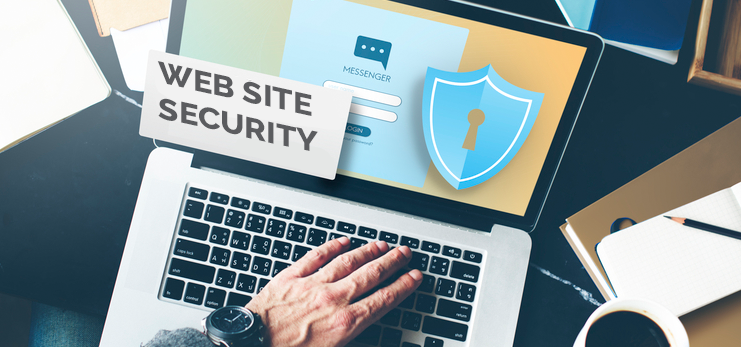“Many people underestimate the complexity of having your own blog. It requires time, constant maintenance, and supervision. Another key thing is to prevent it from getting hacked. You definitely want your words to stay on the website once you’ve properly submitted them, right? The bad news is that all of your hard work might be lost in a matter of minutes if a hacker (often in the shape of an internet troll) chooses to cause you some problems.
So, if you decide to make a blog, you must understand the importance of protecting it. Good security can help you prevent a lot of hassles in the future. Although it’s unpleasant to consider, your website is vulnerable to bots, hackers, technical malfunctions, and human mistakes (both yours and others). You must take precautions to protect your website from all of these hazards.”
By safeguarding your blog, you are ensuring the safety of all your labor, time, and money invested in it; you are also increasing the productivity of your blogging. Let’s see how you can achieve that.
#1: Create Regular Backups
Never undervalue the importance of a solid backup. Anything may occur to any website in the modern world. And the best way to protect the site’s files is using a reliable approach.
There are several ways to protect these files, whether you are starting from scratch or utilizing content management systems like WordPress. And the greatest thing is that a lot of the techniques are totally free.
The important thing to remember is that, should something unexpected happen, a good backup will allow you to quickly recover your website. With a few mouse clicks, hacks, spyware, and even unintentional self-programming may be undone.
#2: Use SSL Certificates
SSL is used to offer security over the Web and stands for “Secure Sockets Layer.” For the benefit of those who are already perplexed, most browsers show a green lock when you access a website using an SSL encrypted link. It is advisable to use SSL if sending sensitive or private information.
If you’re not, it’s likely that criminals will take the knowledge you’re disseminating. A dedicated IP address and a dedicated SSL certificate are required to get started.
After installation, all data sent over an HTTPS connection will be secure. This is particularly crucial now that Google and Chrome emphasize encrypted websites.
#3: Protect Your Domain Registration Information
Anyone’s personal information is visible to the public when they register a domain name. A fast WHOIS search on the domain in question is all that is required to access someone’s domain registration details.
You will be listed privately instead of having your first name, last name, postal address, and phone number displayed for everyone to see. The public will not be able to see the name, address, or anything else.
Without this service, any data miners might steal your private information and add you to contact lists, unwanted junk mail lists, and other lists.
#4: Choose a Secure Web Host
Finding reliable web hosts that provide extensive security measures is a necessary component of maintaining a safe blog. Depending on your budget, pick a hosting plan that offers frequent backups of your website data to their own remote servers and facilitates applying blog security features, such as firewalls, SSL certificates, etc. This is especially crucial for novice bloggers who lack expertise or knowledge about blog security.
#5: Ensure You Have Security Plugins
While a decent web host can do a lot to safeguard your website, you also require a security plugin; this is a must, not a nice-to-have.
Simply download the plugin from the plugin repository, then make the necessary adjustments on each page. It shows you which settings you shouldn’t change until you are sure what you are doing and explains each one in simple words.
Conclusion
Fraud may take many various forms, especially if you don’t have the necessary security measures in place. These are the top five security-related issues. It goes without saying that you have to consider backups, employ SSL wherever possible, safeguard the details of your domain name registration, acquire a security plugin, and maintain all installed software up to date.


